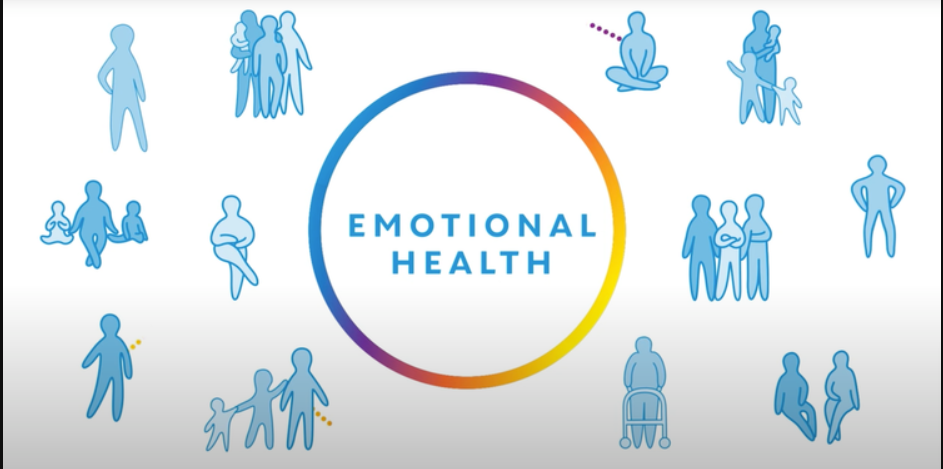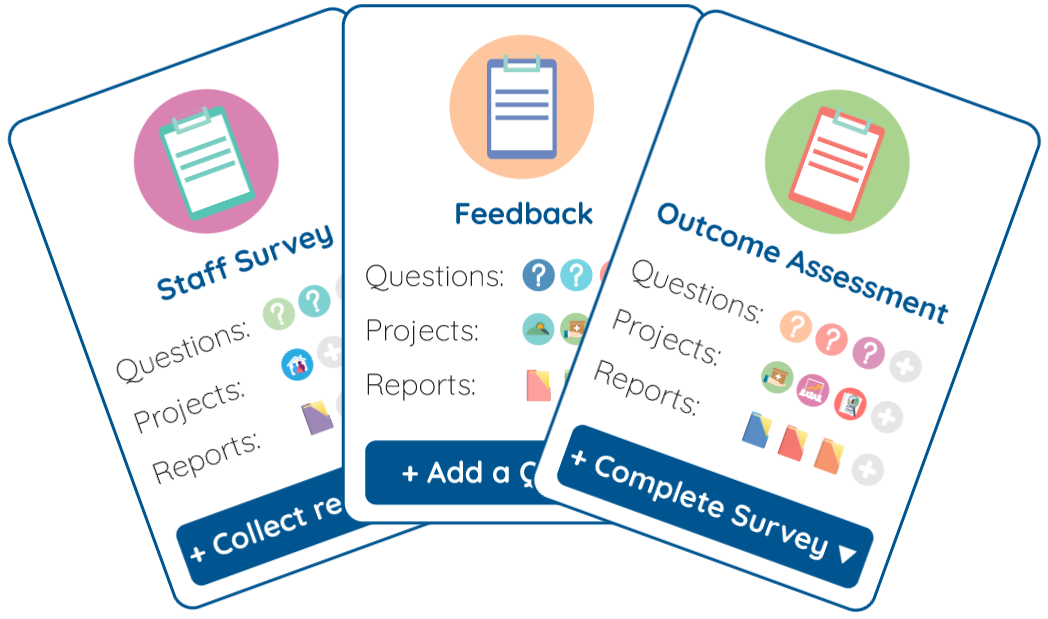-
Features
 Makerble CRM
Makerble CRM
Centralise everything you need to know about everyone you influence. Collaborate securely, communicate effectively. Makerble Impact
Makerble Impact
Track, share and analyse progress towards everything that matters - effortless reporting, impressive results Makerble Scheduling
Makerble Scheduling
Coordinate one-off and repeating events: take bookings, track attendance, collect feedback and measure impact Makerble Surveys
Makerble Surveys
Collect responses using trackable, anonymised or universal survey links that connect and compare before and after responses automatically Makerble® Workflow
Makerble® Workflow
The one-stop-shop to manage and report participant engagement across your programmes and services - Solutions
-
Resources
- Pricing
- Try for free
- Sign In
Added by
1. What are the three most important things you learned during this training?
Q2.
1. (Text)
Q3.
2. (Text)
Q4.
3. (Text)
2. What are the three areas in which you feel you need more support and practice after this training?
Q6.
1. (Text)
Q7.
2. (Text)
Q8.
3. (Text)
Q9.
3. Do you feel that the content of this training will change the way you work with pregnant women and caregivers of young children? If no, could you please tell us how to improve? (Text)
4. How would you rate your knowledge and ability to carry out the following activities
Q11.
Establishing confidante relationships with caregivers. (single choice)
| 0 | 1 | 2 |
Dropdown List used: Establishing confidante relationships with caregivers.
Q12.
Teaching caregivers how to identify causes of stress. (single choice)
| 0 | 1 | 2 |
Dropdown List used: Teaching caregivers how to identify causes of stress.
Q13.
Resolving conflicts within families. (single choice)
| 0 | 1 | 2 |
Dropdown List used: Resolving conflicts within families.
Q14.
The services available to caregivers and how to access them. (single choice)
| 0 | 1 | 2 |
Dropdown List used: The services available to caregivers and how to access them.
Q15.
Asking caregivers to speak about their emotions (single choice)
| 0 | 1 | 2 |
Dropdown List used: Asking caregivers to speak about their emotions
Q16.
The importance of daily routines and how to establish them. (single choice)
| 0 | 1 | 2 |
Dropdown List used: The importance of daily routines and how to establish them.
Q17.
Speaking about support needs for pregnant women & caregivers. (single choice)
| 0 | 1 | 2 |
Dropdown List used: Speaking about support needs for pregnant women & caregivers.
Q18.
Strategies for coping with stress (breathing and relaxation). (single choice)
| 0 | 1 | 2 |
Dropdown List used: Strategies for coping with stress (breathing and relaxation).
Caring for the Caregiver: Observation checklist
Q20.
Family Identification (Text)
Q21.
Name of Quality Assurer (Text)
Q22.
Name of Frontline worker (Text)
Q23.
Date (Date)
Please complete this checklist during your observation of a counselling session:
Q25.
Polite and friendly greeting.
| Poor | Average | Good | Excellent |
Dropdown List used: Polite and friendly greeting.
Q26.
Recaps from last session
| Poor | Average | Good | Excellent |
Dropdown List used: Recaps from last session
Q27.
Introduces session and explains its purpose
| Poor | Good | Average | Excellent |
Dropdown List used: Introduces session and explains its purpose
Q28.
Reacts in an aggressive manner when contradicted or teased (single choice)
| Not true | Somewhat true | Certainly true |
Dropdown List used: Reacts in an aggressive manner when contradicted or teased
Organisations using the survey
X
Close





